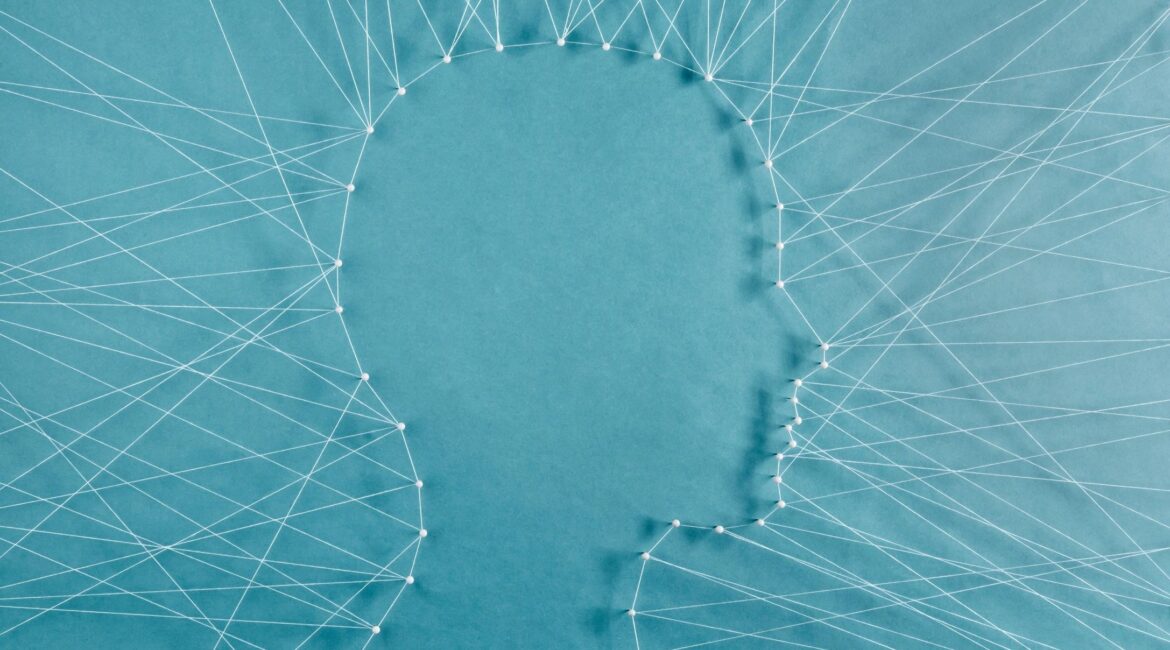When treating mental health disorders, you must have the proper diagnosis. However, this is easier said than done, as symptoms of certain mental conditions can overlap with others, making it difficult to receive the right diagnosis.
Two particular disorders that can be confusing to distinguish are bipolar disorder and borderline personality disorder (BPD). They may sound similar and have similar symptoms, but they are actually very different from one another. This article will tackle BPD vs bipolar disorder, so read on!
BPD vs Bipolar Disorder
A borderline personality disorder (BPD) is a kind of personality disorder causing people to behave, feel, relate, and/or think differently compared to those without it. Based on the National Institute of Mental Health, around 1.4% of adults in the USA are diagnosed with BPD.
Those with BPD experience ongoing cycles of self-image, behaviors, and moods that vary. Such patterns cause problems that affect their life, relationships, along with how they understand and relate with other people.
Bipolar disorder, on the other hand, is a kind of mood disorder causing severe mood changes. It affects one’s mood, energy, activity levels, thoughts, and overall functionality in various cycles that can last for a few days up to months at a time. This condition is more common compared to BPD, affecting around 2.6% of adults in the USA.
BPD Symptoms
Those with BPD experience instability in the way they see themselves, along with their behavior and moods. Such symptoms may result in impulsive actions and issues with interpersonal relationships both at home and at work/school.
Here are some of the symptoms of BPD:
- Constantly changing one’s interests and/or values
- Uncertain about their role
- Tendencies to view things as black and white (either it is this way or it’s wrong)
- Changing opinions about things quickly
- Patterns of unstable and intense relationships, with feelings alternating between love and hatred
- Distorted and unstable sense of self
- Intense mood swings
- Anger issues
- Attempts to avoid real or imagined abandonment
- Finding it difficult to trust people
- Self-harm behavior and/or recurring suicidal thoughts
- Dissociation feelings
- Impulsive and/or reckless behavior
- Intense depressive, anger, or anxiety episodes
- Fear of being alone
- Feeling empty
Not everyone who had BPD would experience all symptoms mentioned. Some might experience a few minor symptoms, while others would experience more intense symptoms frequently.
Bipolar Disorder Symptoms
Those who have bipolar disorder would extreme shifts in their mood between depression and mania (very high/energized mood). They would alternate between mania (high) and depression (low) moods over days or weeks and sometimes longer.
Here are a few common symptoms of mania:
- Elevated moods
- No need for sleep
- Exaggerating feeling of confidence and/or positivity
- Racing thoughts and/or speech
- Reckless and/or impulsive behavior
- Inflated feelings of self-importance
- Aggression and/or irritability
- Poor judgment
- In severe cases, some may experience delusions or hallucinations
As for depression, the symptoms may include:
- Fatigue
- Feeling worthless or guilty
- Difficulty to concentrate or decide on simple things
- Aches and pains that can’t be explained
- Random crying spells
- Prolonged periods of sadness
- Changes in appetite and/or sleep patterns
- Anger, negativity, and irritability
- Indifference and/or pessimism
- Anxiety and worry
- Lack of interest
- Social withdrawals
- Suicidal thoughts
Treatment and Outlook for both
When diagnosing BPD or bipolar disorder, mental health professionals will ask patients questions regarding the symptoms experienced, their frequencies, and durations. They will also ask about the patient’s family history and other information to come up with a diagnosis.
As for treatment, it will take time and patience for both disorders. With BPD, there is no medication used as standard treatment, nor are there any approved by the US FDA yet. The standard of treatment for BPD is therapy and behavioral treatments.
Certain medications may help in managing symptoms though, like anxiety or depression.
As for bipolar disorders, there are various treatments, such as:
- Medications
- Psychotherapy
- Health approaches including exercise, yoga, mindfulness, meditation, among other techniques to relieve stress and symptoms
BPD and bipolar disorder may have a few similar symptoms, but they are different. Unfortunately, BPD is often more challenging to treat, though there are studies ongoing to help create more strategies in caring for those who have BPD, intending to improve their quality of life.
If you think you have BPD or bipolar disorder, don’t hesitate to reach out for help and support, starting with a visit to a mental health professional like NowPsych.


